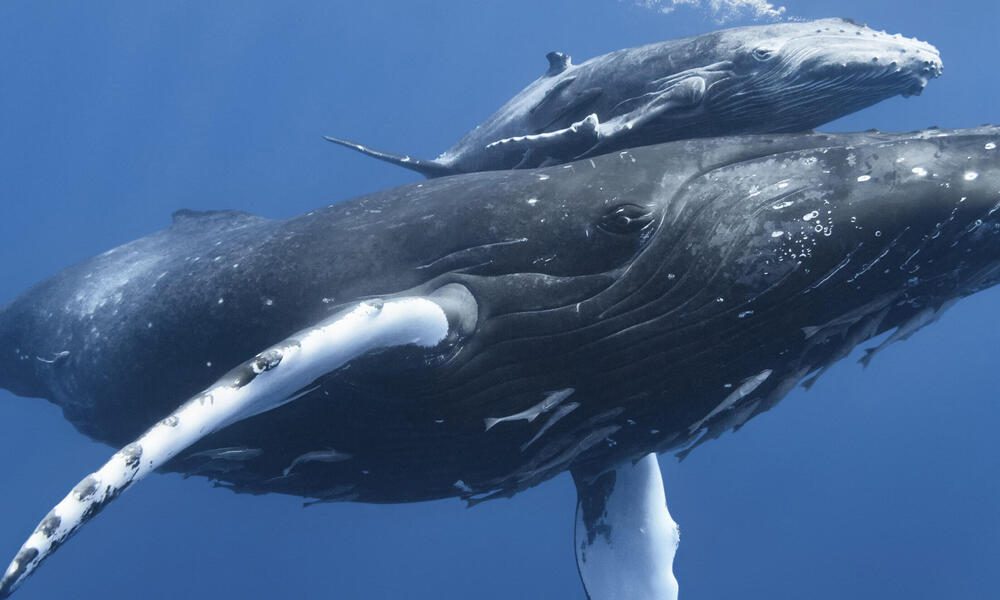A startling report released on Thursday by the environmental group Oceana has unveiled a disheartening reality along the U.S. East Coast – more than 80% of ships are blatantly ignoring speed limits set by environmental regulators in designated “go slow” zones meant to protect the critically endangered North Atlantic Right Whales.
The North Atlantic Right Whales, whose population has dwindled to a mere 340 individuals, are teetering on the brink of extinction, with ship strikes being identified as one of the primary causes of their tragic deaths. Oceana’s analysis, spanning from November 2020 to July 2022, reveals that 84% of boats disregarded mandatory speed restrictions, and 82% failed to comply with voluntary speed restrictions within the designated zones set by the National Oceanic and Atmospheric Administration (NOAA) along the East Coast.
The NOAA introduced the 10-knot speed limit for vessels over 65 feet (20 meters) long in 2008, aiming to protect the dwindling population of North Atlantic Right Whales. However, the report shows a blatant disregard for these measures, potentially driving these magnificent creatures closer to the brink of extinction.
“Boats are speeding, and whales are dying – it’s just that simple,” says Gib Brogan, Oceana’s Campaign Director. He calls for regulators to intensify their enforcement of the speed restrictions, emphasizing the urgency of the situation.
In response, the NOAA provided a somewhat contrasting view, stating that its own evaluation indicated 80% compliance with the speed restrictions in the designated zones. The agency, however, pointed out that their methodology differed from Oceana’s. According to NOAA, their approach calculates overall compliance based on the percentage of the total distance covered by AIS-equipped vessels within the speed zones that comply with the specified speeds. They also clarified that ships may enter these zones at speeds exceeding 10 knots before subsequently reducing their speed to adhere to the regulations.
Oceana’s investigation utilized data from Global Fishing Watch, an international nonprofit organization co-founded by Oceana in partnership with satellite imagery providers SkyTruth and Google. The data offered a comprehensive and independent assessment of ship speeds and locations within the “go slow” zones, shedding light on the alarming non-compliance rates among vessels navigating the East Coast.
The revelations from Oceana’s report underscore the urgency of the situation and the dire need for enhanced enforcement of speed restrictions to protect the North Atlantic Right Whales. With only 340 of these majestic creatures left, every effort is essential in ensuring their survival and preventing the further decline of their population. The preservation of these iconic whales is not only an environmental necessity but a moral obligation that society cannot afford to ignore.





